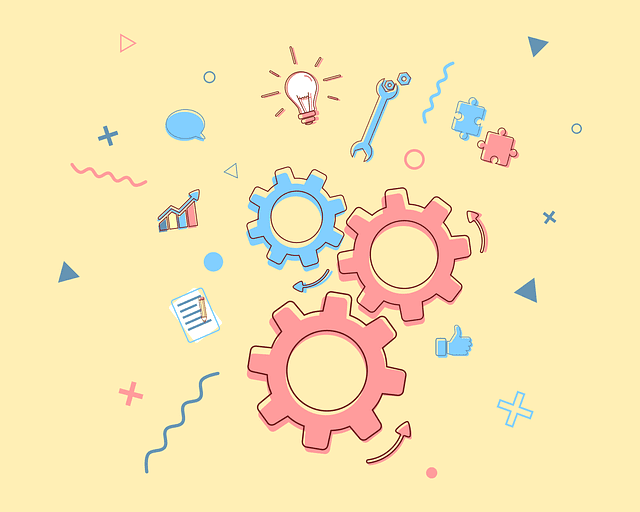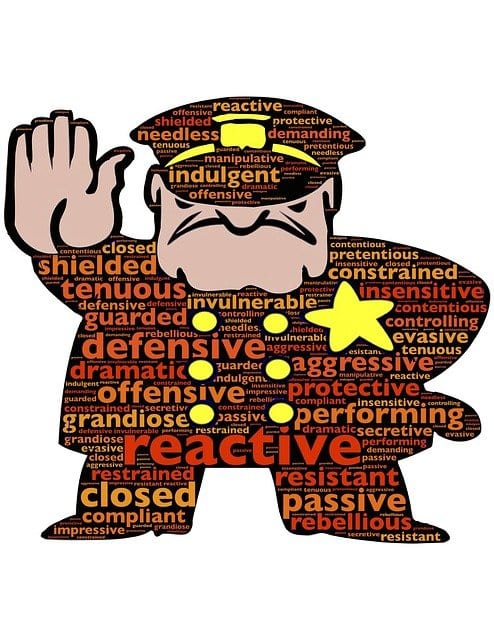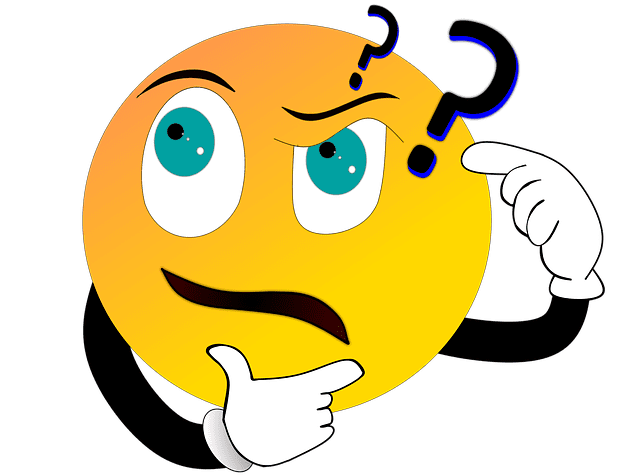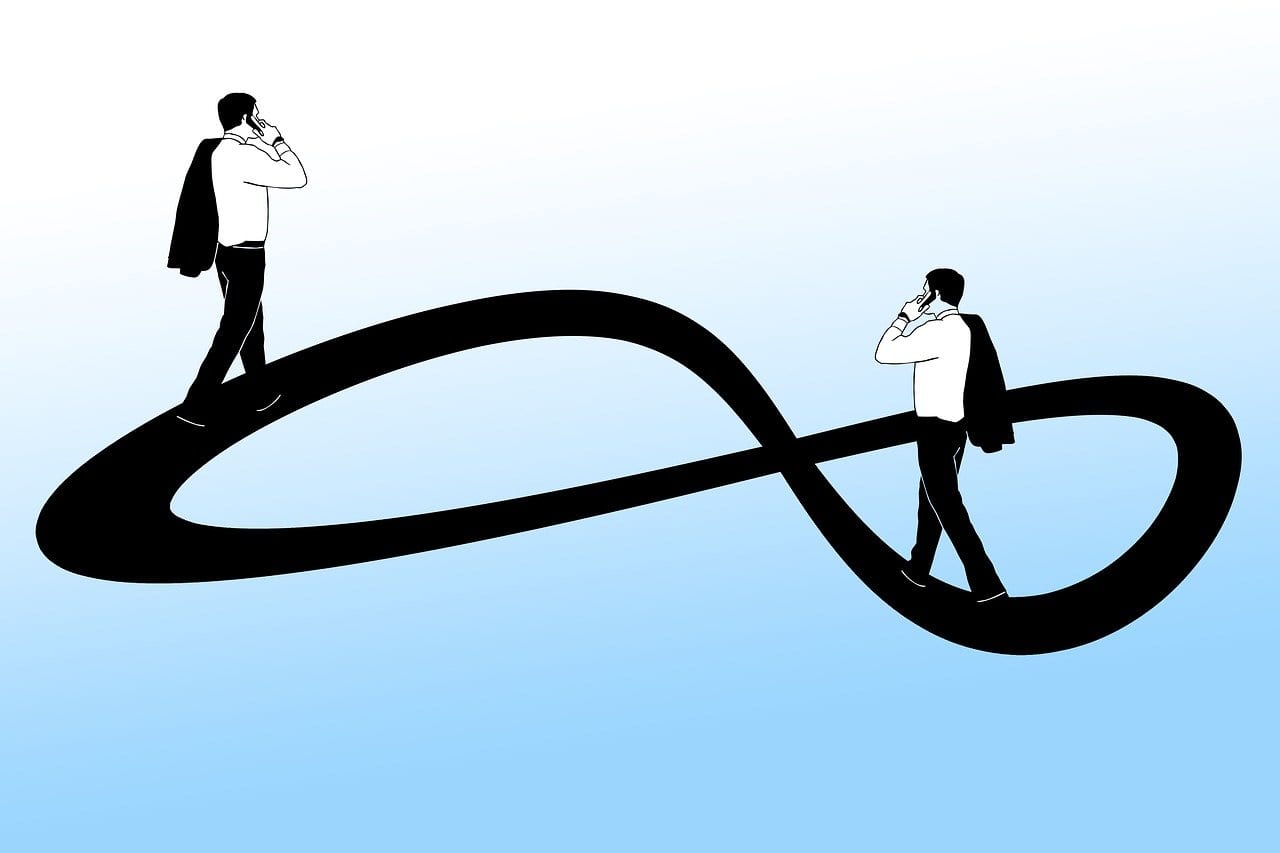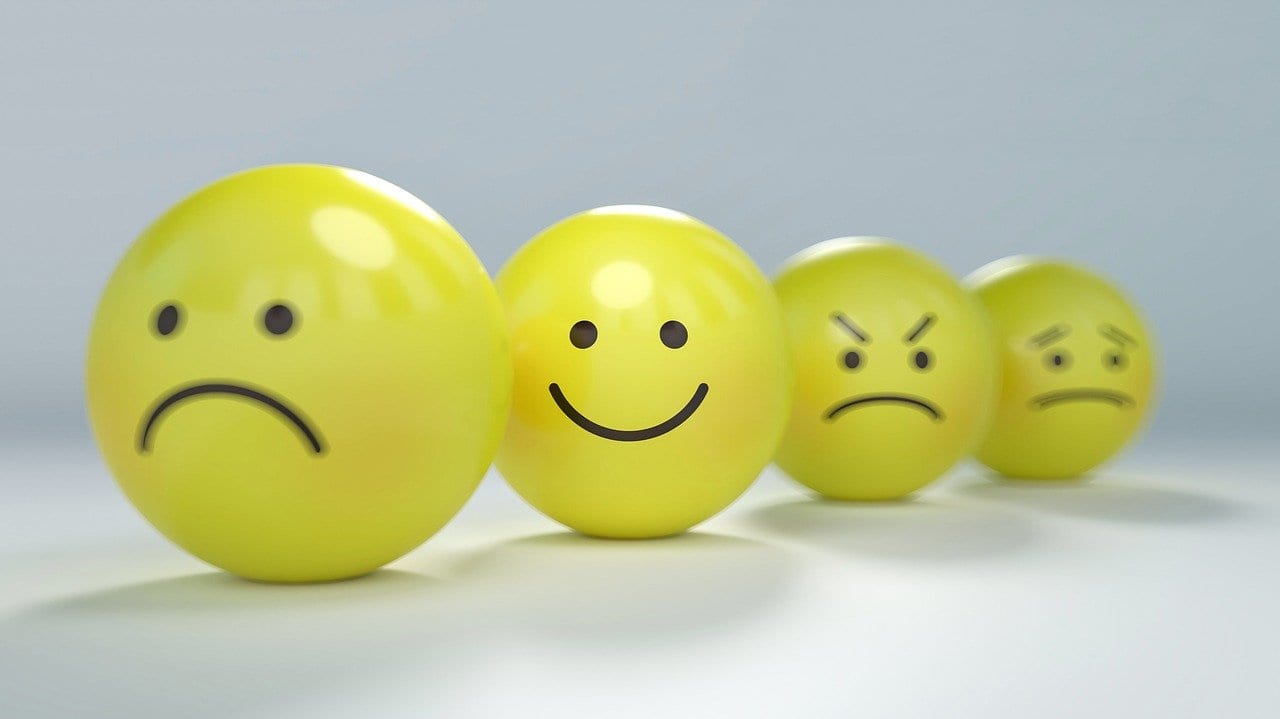Organisations are only just beginning to recognise that innovation and collaboration flourish in conflict and that the win-lose belief system in adversarial cultures that seeks to dampen and control diversity is not fit-for-purpose in a rapidly changing world.
Posts Categorized: Mediating the future
Great organisational cultures have the aptitude to integrate conflict and collaboration. Both are needed together. Collaboration without conflict leads to conformity and a lack of creativity. Conflict without collaboration leads to disrespect and alienation.
Every difficult behaviour you experience represents a skill you can learn. By rejecting people who engage in difficult behaviour you risk losing a valuable opportunity to learn from them.
Conflicts cannot be fully resolved without regard to the organisational context that gave rise to them. The opportunity is not so much to resolve the issue you are fighting over but to understand how you got stuck in the first place and what you can learn from that.
The deepest truth is that there is no separation between you and your opponents, other than the illusion that what separates you is important and is unbridgeable. The very moment you find yourself locked in conflict you become inseparable from your opponent, as you care deeply about many of the same things.
The primary reason for our repressive attitude towards emotions in organisations is a pervasive lack of skill in handling intense emotional communications. Daniel Goleman called the ability to recognise, manage and learn from feelings as “emotional intelligence”.
